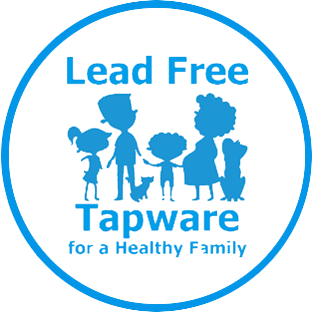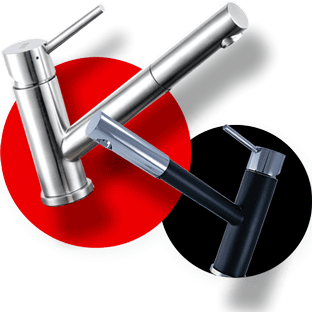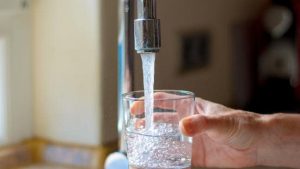Households advised to run taps for 30 seconds amid lead poisoning fears
November 26, 2018
Households urged to run taps amid concerns of lead poisoning (source:SkyNews)
Australian households have been officially advised to run their taps for at least 30 seconds in the morning amid fears of lead poisoning from plumbing products.
The alert was issued in July by enHealth — a standing committee representing federal, state and territory health departments, the National Health and Medical Research Council and the New Zealand Ministry of Health — but not widely publicised.
While lead is rarely used in water pipes in Australia, it is still widely used in a “range of plumbing products” such as brass fittings. It can dissolve into drinking water “particularly where water has been sitting in contact with these brass plumbing products for long periods”.
Lead exposure can cause a wide range of symptoms ranging from muscle pains, fatigue, abdominal pains, headache, nausea and vomiting to seizures and coma. Infants and children are especially vulnerable as lead can impair brain development.
“Infants who drink formula prepared with lead-contaminated water may be at a higher risk because of the large volume of water they consume relative to their body size,” the alert says.
While World Health Organisation guidelines state that no level of lead exposure is safe, Australian standards permit up to 4.5 per cent lead content in brass fittings, compared with 0.25 per cent in the US and Canada.
According to The Daily Telegraph, that figure is expected to be brought in line with international standards under a review of plumbing fittings currently underway by state and territory regulators through the Australian Building Codes Board.
The enHealth alert says householders can “proactively reduce their potential exposure to lead in drinking water” using a number of measures.
They include “using water from cold taps only for drinking and cooking”, “flushing cold water taps used for drinking and cooking for about 30 seconds first thing in the morning to draw fresh water through the tap” and “for about two to three minutes after long periods of non-use, such as when returning from holidays”.
“There is no need for households to have their water tested for lead,” it adds. “The recommendation is to follow the good practice measures above. By following these measures you can also reduce your potential exposure to other metals in plumbing, such as copper and nickel.”




